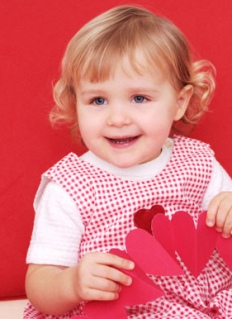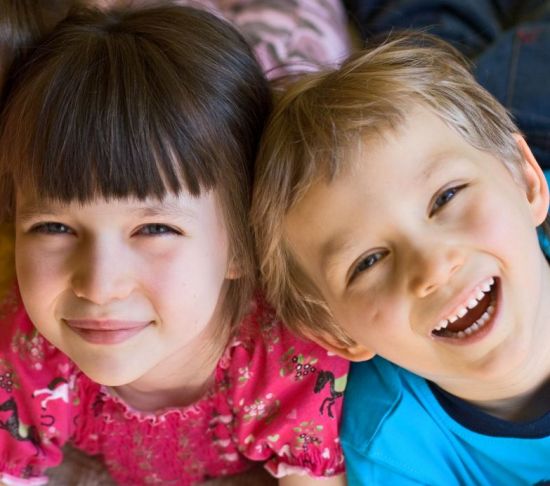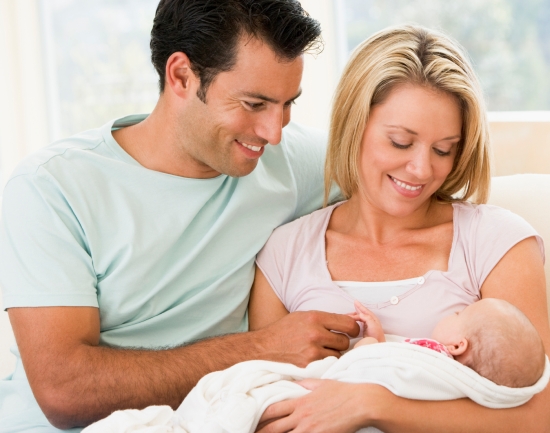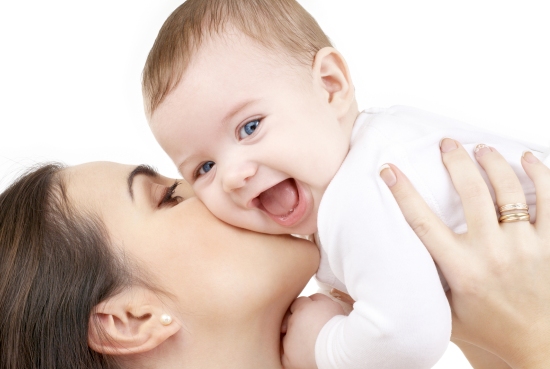 As your baby approaches two years of age, you will begin to realize what the word “terrible twos†means. The more your baby wishes to exert his independence, the greater will be your need to wield your authority.
As your baby approaches two years of age, you will begin to realize what the word “terrible twos†means. The more your baby wishes to exert his independence, the greater will be your need to wield your authority.
Though it may disturb you, remember that this is completely normal behavior for a two-year-old child, who is about to reach a new milestone in development.
Independence:
The main reason for the sudden change in behavior and seeming rebellion is that your child is ready to make decisions for himself. Most of the decisions won’t be of your choice, so you will need to learn to handle the situation.
Though you set limits for your child, s/he disregards them and does what s/he wants. If you continue the battle, both you and your child will wind up more than a little aggravated. Offering your baby a few simple choices every day can dilute his frustration to some extent.
If your baby insists on clothing himself, try to negotiate that he doesn’t wear stripy sweaters with plaid shorts, for example. Keep numerous outfits, but let him know that he does have some choice.
Mealtime is also a difficult time to handle at this stage. Don’t force your child to eat specific foods. Offer a variety of choices.
Dependence:
Though staking independence is important at this stage, s/he still needs your guidance, love and security. Let him/her know that you are always there should they need you.
Let him/her move slowly into your lap, hold his/her head close to your chest and sigh with pleasure. You are still your child’s main security blanket.
Intellectual development:
Give your child books, toys and videos appropriate to his age. Two-year-old babies love to play games, sing songs and dance for the music. Some favorite activities of babies include inexpensive and classic items like crayons, puzzles, bubbles and coloring books. Give your baby access to plenty of these to enjoy a lot.
Social interaction:
At this age, your child will begin to show interest in playing with other children. Though s/he will be hesitant and unsure about how to make new friends, you can help him/her to adjust to new playmates. Give your baby opportunities to mingle with other children.
As your baby approaches his third birthday, you will begin to understand his/her motivations more easily. Continue giving your baby plenty of kisses and hugs and carefully observe each new developmental phase.













